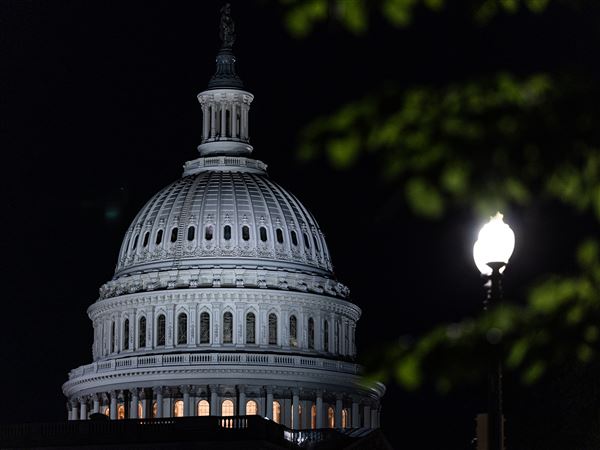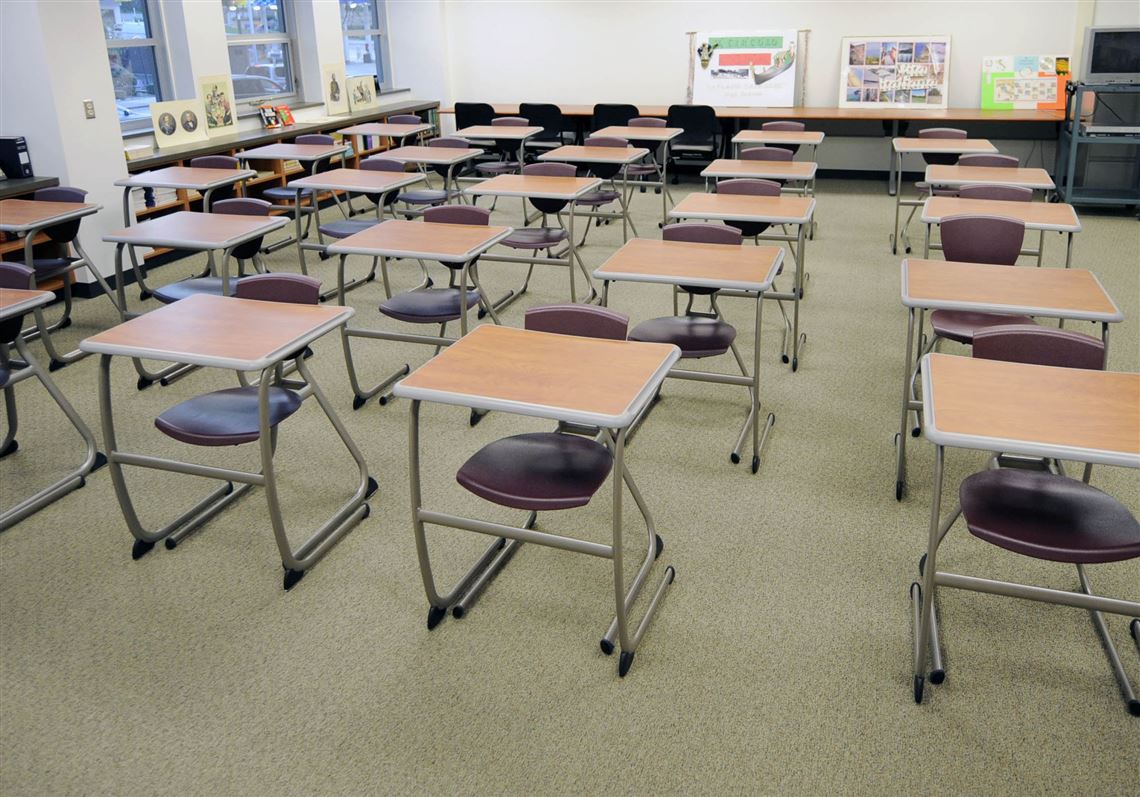A new law that went into effect earlier this week will allow financially pinched school districts to lay off teachers based on their performance in the classroom, rather than their years of experience.
It marks a major upheaval in the realm of Pennsylvania teacher contracts, and one that unions furiously battled for years.
“These are significant changes,” said Ira Weiss, whose law firm represents a number of local school districts, including Pittsburgh Public Schools.
So far this week, teacher unions have been relatively tight-lipped on the subject and merely expressed their disappointment that Gov. Tom Wolf allowed the legislation to pass into law without his signature Monday, despite his “concerns.”
Nina Esposito-Visgitis, president of the Pittsburgh Federation of Teachers, said the state law will supersede the Pittsburgh teachers’ contract, which bases furloughs on seniority. However, Pittsburgh Public Schools hasn’t furloughed teachers in several years.
"We were really disappointed to see that go through,” she said. “Policy shouldn't be part of funding package. It's disappointing, too, that furloughs will be based on an unfair system."
Pittsburgh labor attorney Michael Healey questions whether the new statute could legally overrule seniority provisions in a teachers’ contract.
According to the language of the education funding bill, also known as the education code, no future collective bargaining agreements can provide for furloughs based on seniority rather than experience.
“That’s likely grounds for a substantial legal challenge,” Mr. Healey said.
The system used to evaluate teachers was first implemented during the 2013-14 school year, and ranks teachers into four categories that determine satisfactory or unsatisfactory ratings: distinguished, proficient, needs improvement and failing. Teachers are scored based largely on an observation system, with the remainder of the ranking based on a number of student performance factors, including scores on state standardized tests.
According to the new law, seniority will still be the determining factor if a district has to furlough teachers with the same ranking.
“I don’t think that’s that big a deal, because the reality is that over 97 percent of the teachers have been favorably rated,” Mr. Weiss said of the changes to the furlough rules. “When the rubber meets the road, we see that the vast vast majority of teachers have been rated proficient or better.”
Matt Edgell, the local spokesman for the 181,000-member Pennsylvania State Education Association, agreed that the majority of teachers perform satisfactorily in the current evaluation system, but said he fears that at some point, the evaluation scales could be made “even more subjective,” which could allow for districts to assign lower scores to teachers who make the most money.
“Experience is an objective fact upon which to base furloughs,” he said. “Everything else is so subjective. It’s a slippery slope.”
Elizabeth Behrman: Lbehrman@post-gazette.com or 412-263-1590.
First Published: November 7, 2017, 6:36 p.m.

















